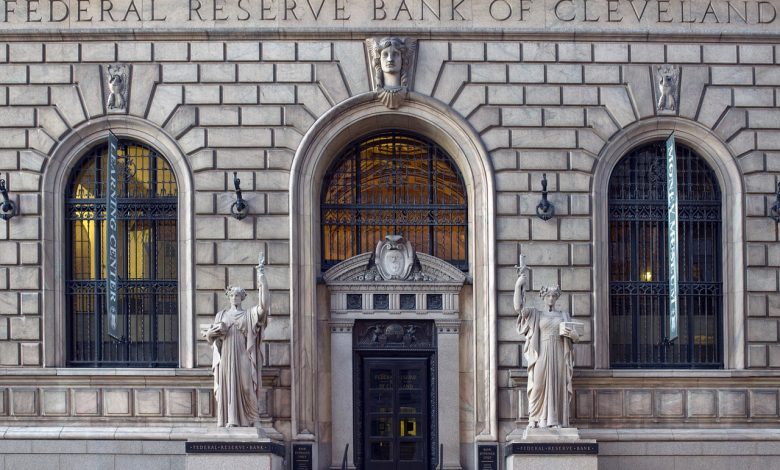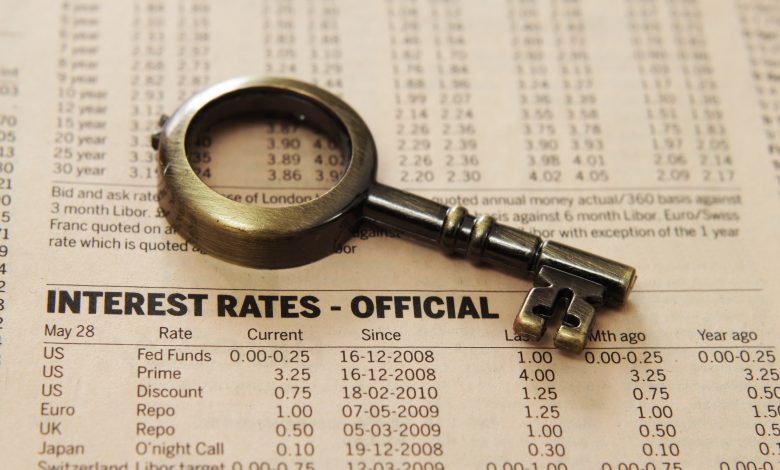interest rates
-
Home Buying

Why Now Is the Best Time of Year to Buy a House
Alongside the perks and benefits that go alongside it, owning a home is an indicator of proficient money management. Closing on a loan during the best time of year to buy a house or when mortgage rate predictions are low only makes things better. Having the income, credit score, and downpayment for it, even before getting an estimate mortgage payment…
Read More » -
Budgeting

The Best Savings Opportunities in 2020
When we entered 2019 one year ago, businesses and consumers, alike, were concerned about the economy. During that time, trade relations between the US and China escalated. In addition, the Federal Reserve hiked interest rates several times in 2018, with more increases planned for 2019. Just as importantly, the stock market plummeted and reached alarming lows. However, one year later,…
Read More » -
Home Buying

Does the Low PennyMac Payment Make This Mortgage Worth It?
Unemployment is currently at historically low levels, and the US economy is performing very strongly. Because of this, many analysts and aspiring homeowners expect the housing market to pick up, even more so after the Federal Reserve recently cut interest levels. Is this a good time to buy? The Bank of America mortgage rates, as an example, are notably going…
Read More » -
Loans

A Business Loan vs. Grant: Which One?
When looking for solutions, every business owner and entrepreneur knows that there is no one-size-fits-all approach. Each entity is unique, and their approach depends on their industry, size, business model, location, and structure. However, every company needs capital and funding in order to grow. Some firms are able to qualify for a private or federal small business grant. Others, meanwhile,…
Read More » -
Banking

Crypto Alternatives for Everyday Savings Tools
Remember when interest rates used to be high? Gone are the days of earning ten percent or more on a short-term certificate of deposit. Savers have long been high and dry when it comes to profitable places to stash their cash, while interest rates have been at rock bottom for years and other investments were too risky to keep savings…
Read More » -
Loans

SOFR: How Your Current Student Loan Rates Might Change
On a typical day, banks lend money to customers who want to buy a home, purchase a car, and/or find the best student loan rates. After their doors close, however, banking firms will also borrow money from investors and government entities. In turn, they use those funds for daily operations, to pay back depositors, and continue to issue loans to…
Read More » -
Budgeting

College Students: Why the Best Seasonal Jobs Are Around the Corner
At the end of each school year, many college students try to find seasonal summer jobs. However, November’s business activity was at its strongest point in four months. In addition, many retailers started hiring for the upcoming holidays during August and September. This suggests that the best seasonal jobs this year are going to be available in the winter. Working…
Read More » -
Investing

Open Market Operations: What are they and how do they affect markets?
While many of the open market operations of the past decade have been largely experimental, the FOMC’s increased market participation has also increased the impact of these operations substantially.
Read More » -
Loans

Rate Cuts and Your Student Loan Strategy
Between 2006 and 2012, the interest on student loans went down by more than one half. When the 2006/07 school year started, rates were nearly at 7%. By the beginning of 2011/12, the interest on tuition loans was below 3.5%. During the same six-year period, the Federal Reserve dramatically decreased overall rates from 5.25% to 0.25%. Just as importantly, several…
Read More » -
Banking

How the New Banking Rules Make It Easier to Get a Loan
In 2010, then President Barack Obama signed the Dodd-Frank Act into law. After the financial crisis, many banks had to maintain a certain amount of liquid assets. If any loanees default, these institutions would still have enough funds to pay their depositors back and honor other financial obligations. Just as importantly, firms had to report their finances to the federal…
Read More »








